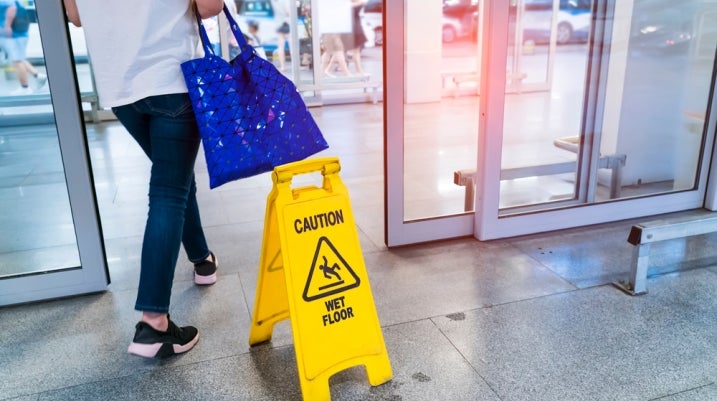Understanding Premises Liability: What You Need to Know

Premises liability is a legal concept that holds property owners, and sometimes tenants or visitors, responsible for certain injuries that occur on their property. Typically, the property owner is the one held accountable for injuries sustained on their premises. But what does this mean for you, and what should you know if you're involved in such a case?
What Are Some Examples of Premises Liability?
Premises liability cases can involve a variety of scenarios. Here are some common examples:
- Slip and Fall: Injuries from slipping or tripping on unsafe surfaces.
- Negligent Security: Harm caused by inadequate security measures.
- Dog and Animal Attacks: Injuries from animal bites or attacks.
- Electrical Accidents: Harm from exposed or faulty wiring.
- Exposure to Toxic Chemicals: Injuries from hazardous substances on the property.
How Do You Win a Premises Liability Case?
To win a premises liability case, you must satisfy four key elements:
Legal Presence
You must prove you were legally on the property when you got injured due to the defendant's negligence. Trespassing or being unauthorized on the property can invalidate your claim.
Negligence
You need to demonstrate that the property owner or responsible party was negligent. This could involve failing to address hazardous conditions or not warning visitors about potential dangers, such as wet floors or exposed electrical wires.
Injury
You must show that you were injured while on the defendant’s property. Simply proving the existence of a hazardous condition isn’t enough; there must be a direct link to your injury.
Damages
Finally, you need to prove that you suffered significant damages due to the injury. This includes both economic and non-economic losses.
What Damages Can You Recover From a Premises Liability Lawsuit?
In a premises liability lawsuit, you may recover both compensatory and punitive damages. Compensatory damages can be economic or non-economic:
Economic Damages
- Wage Loss: Compensation for missed work due to your injury.
- Medical Costs: Coverage for ambulance fees, medical bills, medical equipment, and caregiver costs.
- Loss of Earning Potential: Compensation if your injury affects your future earning capacity.
Non-Economic Damages
- Pain and Suffering: Compensation for significant injuries requiring surgeries or treatments.
- Loss of Enjoyment of Life: Compensation if your injury prevents you from enjoying activities you once loved.
- Emotional Distress: Compensation for mental and emotional suffering due to your injury.
- Permanent Disfigurement: Compensation for lasting physical changes caused by your injury.
In some cases, the court might also award punitive damages to punish the defendant for gross negligence. These damages are not guaranteed and are awarded at the discretion of the judge or jury.
Do You Need to File a Premises Liability Lawsuit in Court?
Premises liability cases don’t always have to go to court. Often, these cases are resolved through out-of-court settlements. However, if an agreement cannot be reached, filing a lawsuit may be necessary.
Do You Need an Attorney for Your Premises Liability Claim?
While you can pursue a premises liability claim on your own, having an attorney can significantly strengthen your case. Premises liability attorneys understand the complexities of these laws and can:
- Collect and preserve evidence
- Interview witnesses and experts
- Assess your damages
- Initiate claims with the responsible party
- Negotiate for a reasonable settlement
- Represent you in court if necessary
- File an appeal if needed
Where Can You Find an Experienced Premises Liability Lawyer?
At Morgan & Morgan, our premises liability attorneys are dedicated to helping you obtain the compensation you deserve after an injury on someone else's property. As the largest personal injury law firm in the United States, we have the resources and experience to fight for your rights.
With over three decades of handling premises liability cases, we understand the pain and challenges that come with injuries caused by negligence. If you or a loved one is going through this, we are here to help. Fill out our free case evaluation form to get started today.
Injured? Getting the compensation you deserve starts here.

Deep Dive
Explore more information related to the case process.
